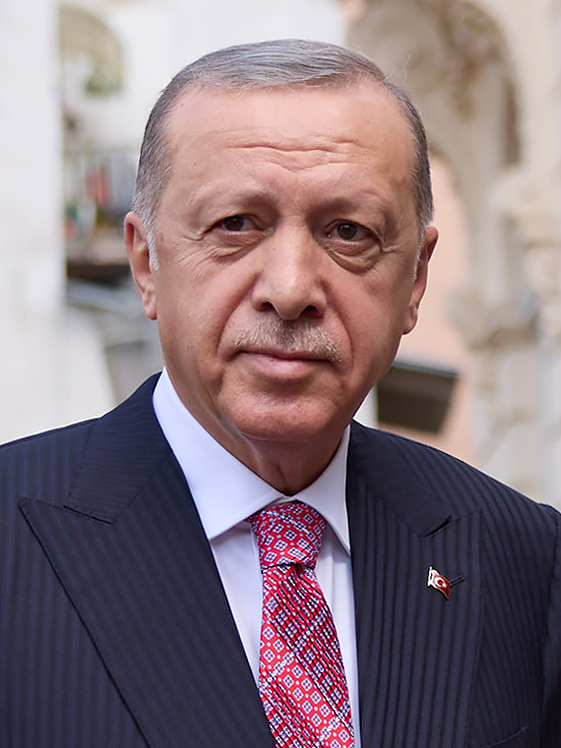Erdogan Labels Netanyahu as Major Hindrance to Middle East Peace

In a significant address at the Organisation of Islamic Cooperation (OIC) meeting held on June 21, 2025, in Istanbul, Turkish President Recep Tayyip Erdogan declared Israeli Prime Minister Benjamin Netanyahu as the "biggest obstacle to regional peace." Erdogan's remarks come amidst escalating tensions between Israel and Iran, particularly following Israeli attacks that he claims aim to undermine ongoing nuclear negotiations between Iran and the United States.
Erdogan's statements were directed towards Arab League diplomats, urging influential countries to dismiss the "poison" propagated by Israel and instead seek diplomatic solutions to avert broader conflict. He asserted, "Netanyahu’s Zionist ambitions have no other purpose than to drag our region and the whole world into a big disaster," emphasizing the need for solidarity among Muslim nations to counter what he termed Israel's "banditry" across the region.
The OIC, established in 1969, comprises 57 member states and aims to promote international peace and protect the interests of the Muslim community. Erdogan's criticism of Western leaders for their "unconditional support" to Israel reflects a broader sentiment among OIC members regarding perceived injustices faced by Palestinians and other affected nations in the region.
Turkish Foreign Minister Hakan Fidan also echoed Erdogan's sentiments, asserting that Israel's actions are pushing the Middle East towards "total disaster." Fidan remarked, "There is no Palestinian, Lebanese, Syrian, Yemeni, or Iranian problem; there is clearly an Israeli problem," highlighting the need for a paradigm shift in regional discourse.
Erdogan's comments come at a critical time, as Iran's Foreign Minister Abbas Araghchi indicated that Iran is open to diplomatic discussions with the United States, contingent upon a cessation of Israeli hostilities. Araghchi stated, "Iran is ready to consider diplomacy once again and once the aggression is stopped and the aggressor is held accountable for the crimes committed," indicating a potential avenue for de-escalation if conditions permit.
As a NATO member positioned strategically between the Western and Muslim worlds, Turkey sees itself as a key player in mediating tensions in the Israel-Iran conflict. Erdogan's leadership within the OIC may allow Turkey to leverage its historical ties with both Iran and Western nations to foster dialogue and ultimately seek a resolution to the ongoing hostilities.
The implications of Erdogan's statements and Turkey's position in the OIC could significantly affect the geopolitical landscape in the region. With rising tensions and the stakes surrounding nuclear negotiations, the prospect for peace remains uncertain. Future developments will likely hinge on the responses from both Israel and Iran, as well as the willingness of other nations to engage in dialogue towards resolving these long-standing conflicts.
Advertisement
Tags
Advertisement





